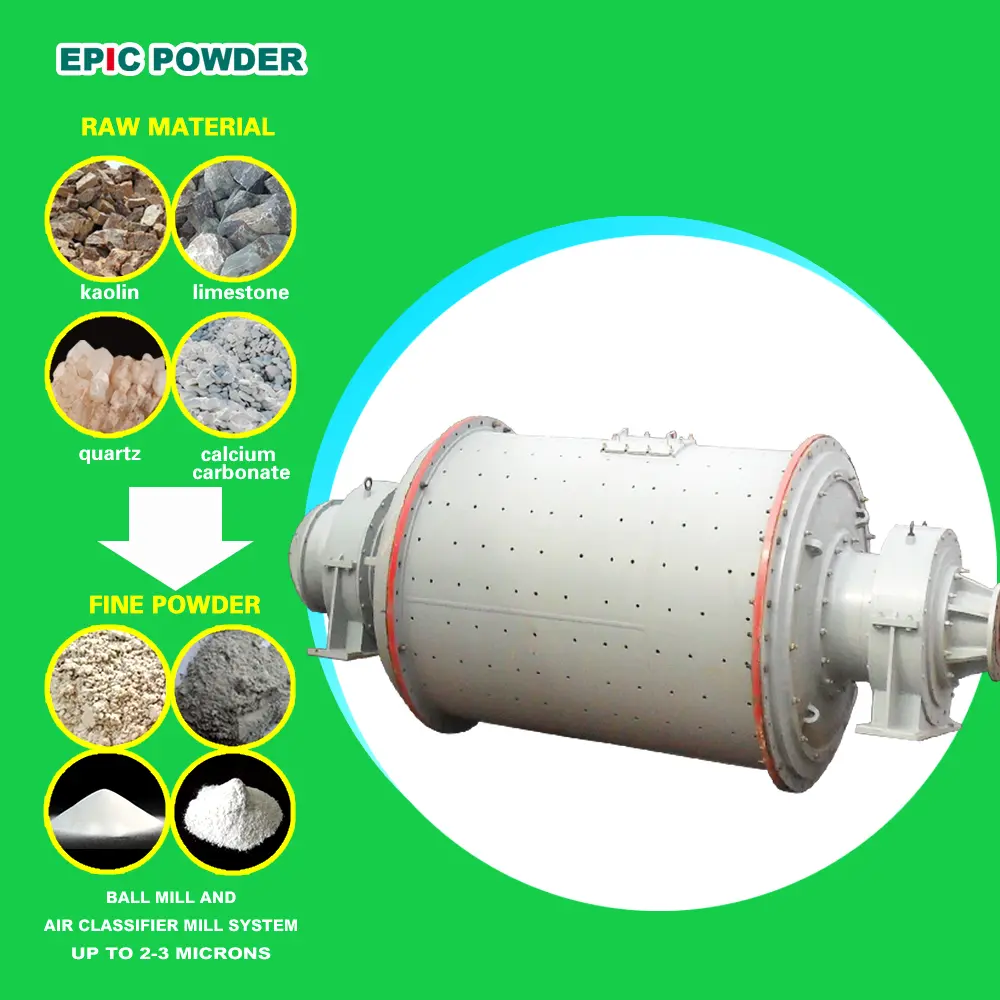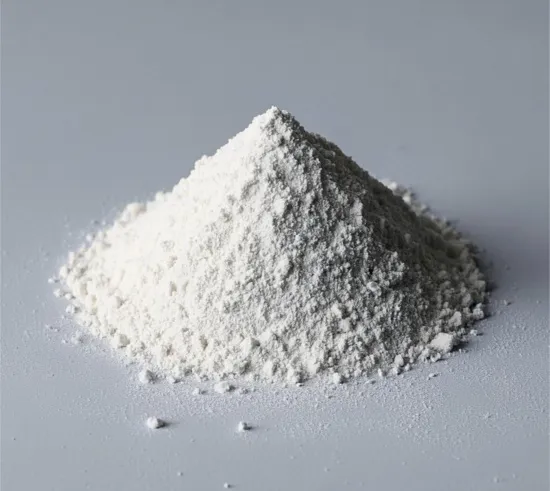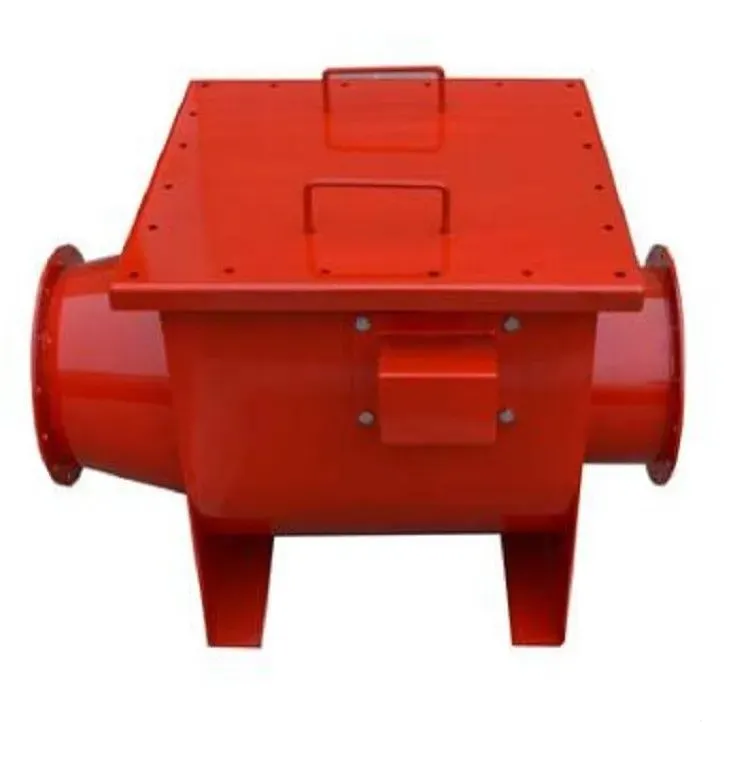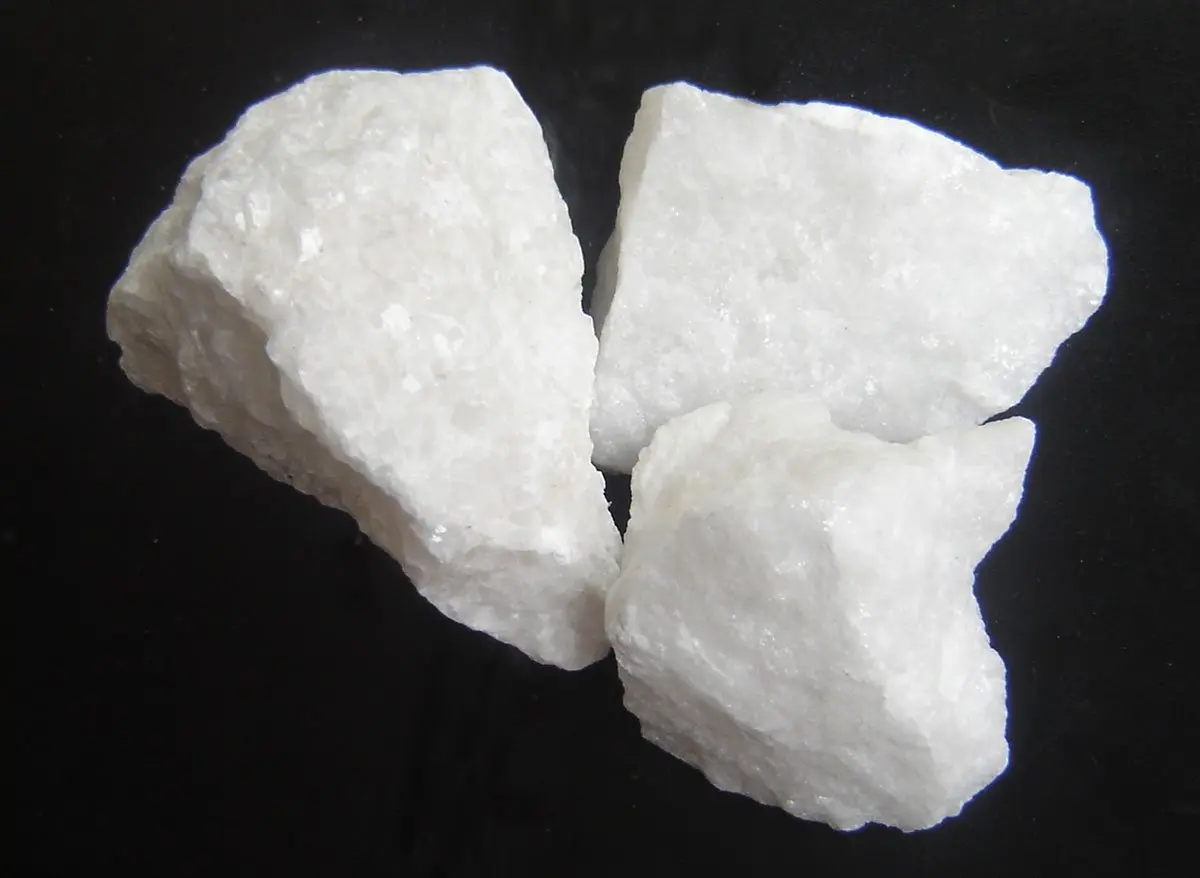Introduction
With increasing environmental awareness and the concept of sustainable development becoming deeply ingrained, the application of fly ash in road construction has garnered significant attention. As an industrial by-product, the reuse of fly ash is important for reducing resource consumption and environmental pollution.
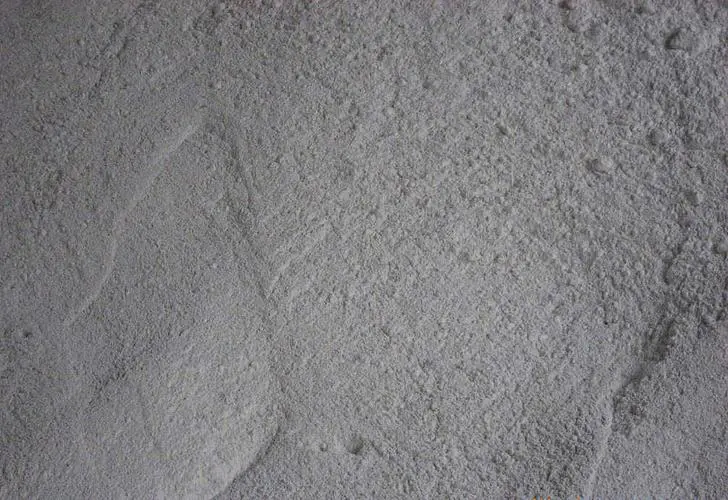
Application of Fly Ash in Road Base Materials
The application of fly ash in road base materials has been widely studied and practiced. It can be used as a filling material for road bases. Compared to traditional gravel and cement-stabilized gravel, fly ash offers better crack resistance and water stability. The physical and chemical properties of fly ash, such as particle size distribution and active ingredient content, influence its effectiveness when used in road base materials.
Analysis of the Impact of Fly Ash on Road Performance
The addition of fly ash can significantly improve the stability and strength of road materials. Due to the high content of active ingredients, such as aluminum silicate, fly ash can generate cementitious materials through physical and chemical reactions, thus enhancing the mechanical properties of concrete materials. Additionally, fly ash improves the durability and anti-aging properties of roads, helping to reduce the occurrence of cracks and water damage.
Economic and Environmental Benefits of Fly Ash in Road Engineering
The use of fly ash can significantly reduce the cost of road projects. As a relatively inexpensive and readily available raw material, fly ash reduces dependence on traditional materials, thereby lowering construction costs. At the same time, using fly ash helps alleviate the environmental pressure of waste disposal and promotes resource recycling, offering substantial environmental benefits.
Application Examples of Fly Ash in Road Engineering
1. Road base material
Fly ash is used as a filling material for road bases. Compared to traditional materials, it enhances the crack resistance and water stability of roads. For example, in the study “The Application of Fly Ash in Road Base Construction,” fly ash is highlighted as being widely used in road base construction. By incorporating a reasonable mix of lime and other materials, the safety and reliability of road projects can be improved.
2. Embankment filler
In highway construction, fly ash is used as an embankment filler. It can reduce reliance on traditional materials, lowering costs, and improving the stability and bearing capacity of embankments. “The Application of Fly Ash in Highway Construction” discusses its use in highway construction, demonstrating its effectiveness in embankment construction.
3. Pavement Repair
Fly ash is also used in pavement repair work, where it enhances the performance of repair materials and increases the durability of pavements. The study “The Application of Fly Ash in High-Grade Highways” mentions that the strength of pavements repaired with decarbonized fly ash concrete is comparable to that of pavements without fly ash, meeting national pavement engineering standards.
4. Environmental Protection and Economic Benefits
The application of fly ash not only improves the quality of road engineering but also offers environmental and economic benefits. In “Technical Exploration of Fly Ash for Improving Road Foundation Engineering Quality and Operation and Maintenance Management,” it is noted that road foundations improved with fly ash show significant gains in strength and stability, while reducing the need for traditional stone and cement. This leads to lower construction costs and promotes the reuse of waste materials.
5. Specific Engineering Projects
In some specific projects, such as urban road foundation renovations, fly ash has been used to enhance road foundation engineering. By optimizing the material ratio and construction processes, the quality and stability of the road foundation are improved, extending its service life. These cases demonstrate that using fly ash as an environmentally friendly material in road engineering not only improves road performance but also reduces costs and environmental pollution. As technology continues to advance, the application of fly ash in road engineering is expected to become more widespread.
Conclusion
As an environmentally friendly road material, fly ash not only enhances road performance but also reduces costs and minimizes environmental pollution. With ongoing technological advancements and increasing experience in its application, the prospects for using fly ash in road engineering will continue to expand. In the future, fly ash is likely to become an indispensable material in road construction. It can contribute significantly to the development of green infrastructure and sustainable development.
Please feel free to contact Epic technical team for more information about Jet Mills that can produce fly ash or other powder you need.

